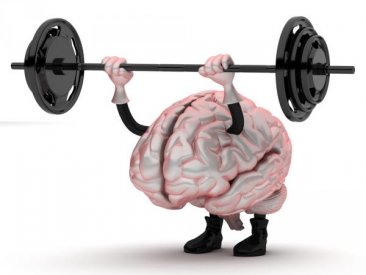
Major Point: Undergraduate students who are interested in pursuing a career in sport and exercise psychology can broaden their understanding of the field by taking courses in psychology and exercise science, assisting with research, volunteer coaching, and communicating with current SEP professionals.
"How do I become a sport psychologist?" Due to the increasing visibility of the field of sport and exercise psychology (SEP), questions such as this from undergraduate students are becoming more common (McCullagh & Noble, 1993). Unfortunately, the field of SEP has not developed to the point where answers to these questions are readily available. Most universities still do not offer graduate programs in SEP, and undergraduate students studying exercise science or psychology may be hard pressed to locate a faculty member in their department that is knowledgeable about graduate training and career options in SEP.
As an undergraduate student with an interest in SEP, I frequently asked questions such as the one above. Luckily I was able to get the answers that I needed to embark on a path toward a career in SEP. Now, as I near the end of my graduate training, I would like to share some tips that I believe will provide you with the direction you need to embark on your own SEP journey.
Double Dip
SEP is a multidisciplinary field of study. That is, sport and exercise psychologists must have a large base of knowledge in both psychology and exercise science/kinesiology (McCullagh & Noble, 1993). Unfortunately, very few universities currently offer an undergraduate program in SEP. The best alternatives to an SEP-specific degree are to either double major in psychology and exercise science, or to major in one discipline, and minor in the other discipline. Important psychology courses to consider include cognitive psychology, abnormal psychology, and social psychology. Exercise science courses to consider include motor behavior, exercise physiology, and sport sociology. If possible, take an introductory SEP class (typically offered through the exercise science/kinesiology department). Although SEP graduate programs are usually housed in either psychology or exercise science, having a background in both disciplines will show that you have a genuine interest in both the sport/exercise and the psychology components of the field.
Source: www.americankinesiology.org
|
(ethics, law) ASSESSING AND MANAGING RISK IN PSYCHOLOGICAL PRACTICE (Book + 8 CE Credits) by Bruce Bennett, Ph.D, ISBN 978-061513416-1 (continuing education, psychology, social work, psychiatry) Single Detail Page Misc (Red Toad Road company)
|
You might also like:



|
(law, ethics) PSYCHOLOGICAL EVALUATIONS FOR THE COURTS, 3RD EDITION (Book + 5 CE Credits) the 122-page section entitled General Considerations in the book by G. Melton, J. Petrila, N. Poythress, C. Slobogin, ISBN 1572309661 (continuing education, psychology, psychiatry, social work) Single Detail Page Misc (Red Toad Road Company)
|

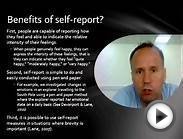

|
(health) Cognitive Therapy for Chronic Pain by Beverly Thorn, Ph.D. (7 CE Credits or 7 CME credits only, book not included) ISBN 1572309792 (Continuing education, continuing medical education) Single Detail Page Misc (Red Toad Road company)
|





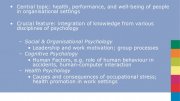


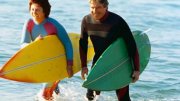


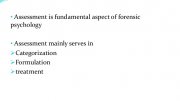






Try looking for pshychiatric technician job. I worked as one at a state hospital for a while.